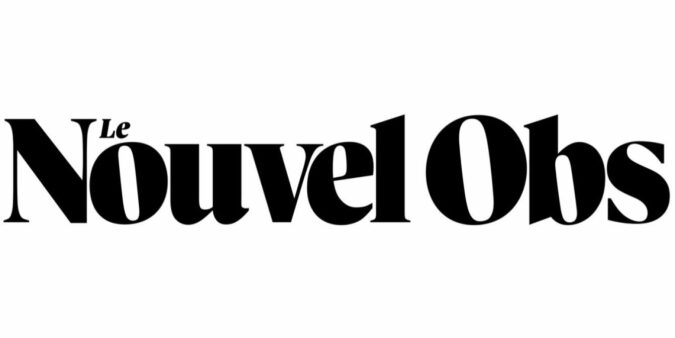In a recent interview with Rémi Noyon for French the magazine Novel Obs, I had the privilege to say my two cents about the state of research (and of political debate) about how digital technologies affect our cognitive structures, especially in the younger regions.
At first glance, digital tools present themselves as the pinnacle of convenience and connectivity. Their marketing narratives are compelling, promising unprecedented access to information. Yet, beneath this exterior lies a darker reality dominated by corporate interests, whose strategies are meticulously designed to maximize user online presence and data production. Digital platforms, while offering allegedly free services, operate on a business model that turns users into unwitting workers.
The creation and consumption of content, a seemingly innocuous activity, is in reality a form of labor that feeds the digital economy, predicated on feedback loops of subjection and reward, that ultimately make the concept of free will a lot murkier than expected. The design of these technologies does not just aim to attract users; it aims to commodify their time and knowledge.
In this regard, the notion of “addiction” seems particularly inappropriate to describe the impact of digital technology. Individuals’ inability to think critically is less at fault for the erosion of cognitive skills than the constant demand for their engagement to produce commercially exploitable data.
